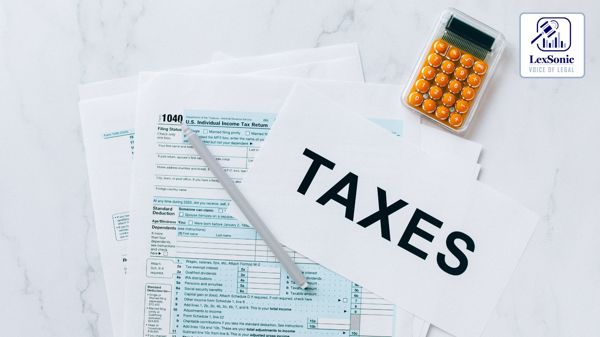Understanding the Refund of Stamp Duty under Maharashtra Stamp Act.
16 August 2024
Taxation and Duty >> Property & Real Estate
Introduction:
In a recent decision involving M/s. Chandiwala Enterprises Mumbai v/s State of Maharashtra, through Collector of Stamps (Enforcement) & Dy. Inspector General of Registration, Mumbai & Others, the Bombay High Court addressed the issue of refunding stamp duty under the Maharashtra Stamp Act (hereafter "the Act"). This case highlights the nuances of Sections 47 and 48 of the Act, and the procedural intricacies involved in claiming a refund for spoiled stamps. The case in point involves a petition challenging the rejection of an application for refund of stamp duty paid on a Development Agreement.
Case Background:
The petitioner, a registered partnership firm, entered into a Development Agreement with Neel Ashiward CHS Ltd. on September 2, 2016. Prior to registration, the agreement was adjudicated, and a stamp duty of Rs. 94,20,675 was assessed and duly paid on August 29, 2016. Subsequently, the parties decided not to proceed with the Development Agreement. Within the statutory period of six months, the petitioner applied for a refund of the stamp duty under Section 47 of the Act. The application was rejected on the grounds that it did not fall under the provisions of Section 48 of the Act.

Legal Arguments:
The petitioner contended that Section 48 is procedural and merely stipulates the time frame for filing refund applications, while Section 47 provides the substantive grounds for refund. It was argued that Section 47(c)(5) of the Act, which covers cases where the intended purpose of an instrument fails, applied to their case. The petitioner relied on several judgments to support their claim, including Satish Buba Shetty v. Inspector General of Registration and Collector of Stamps and Shweta Infrastructure and Housing (I) Pvt. Ltd. v. The State of Maharashtra, among others.
Conversely, the respondent argued that Section 48 exclusively covers agreements of sale, and since the Development Agreement did not fall under this category, the application for refund was incorrectly filed.
Court’s Analysis:
The Court examined the interplay between Sections 47 and 48 of the Act. Section 47, it noted, outlines the conditions under which a refund for spoiled stamps can be granted, while Section 48 specifies the time limits for filing such applications. Importantly, the Court held that Section 48 does not substantiate the right to a refund but only provides the timeframe for filing an application.
The Court emphasized that Section 47 encompasses various scenarios in which a refund is permissible, including cases where an instrument fails to serve its intended purpose as outlined in Section 47(c)(5). The Court rejected the interpretation that Section 48's proviso, which pertains to agreements of sale, should limit the scope of Section 47.
The Court further highlighted that the authority's rejection of the petitioner's application was based on a misinterpretation of Section 48. It stressed that Section 47 does not require the cancellation of an instrument for a refund to be granted but rather considers whether the instrument failed in its intended purpose.
Conclusion:
The Bombay High Court concluded that the authority's decision was flawed due to a misinterpretation of the statutory provisions. It ordered the matter to be remanded to the Collector for a proper inquiry into the petitioner’s claim in accordance with Section 47 of the Act. The Court directed the Collector to decide on the application within eight weeks, ensuring adherence to procedural rules and evidentiary requirements. This decision underscores the importance of accurately interpreting statutory provisions and highlights the procedural aspects involved in claiming refunds for spoiled stamps under the Maharashtra Stamp Act.
MAHARASHTRA STAMP (SECOND AMENDMENT) ACT, 2017
